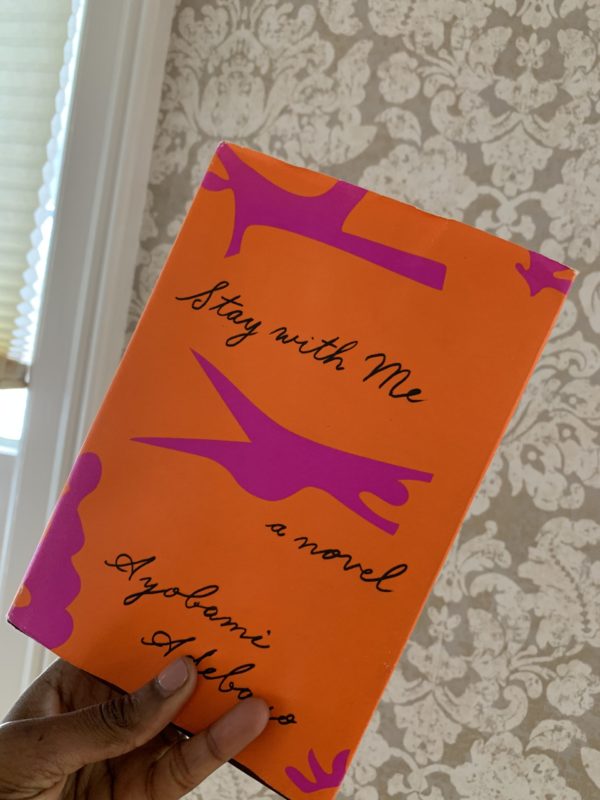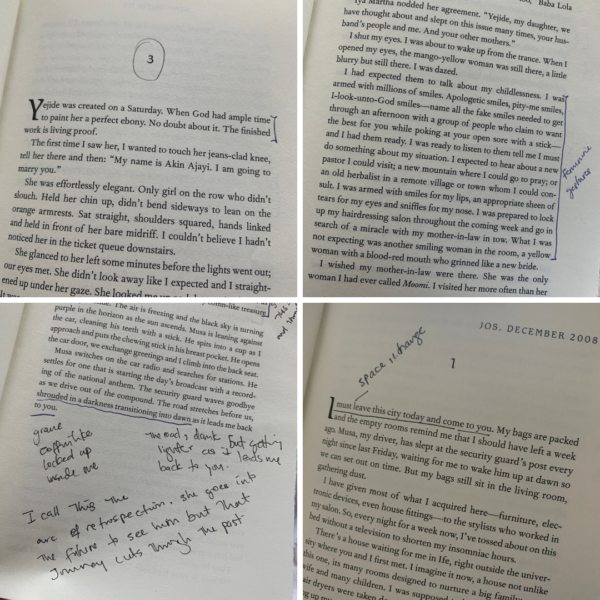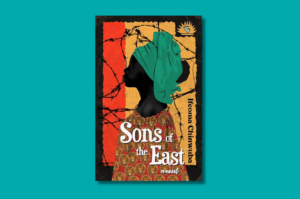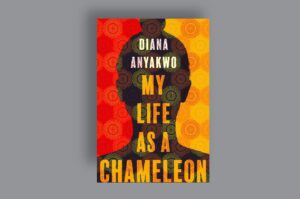
On week three of women’s history month, we are celebrating a novel that centers the emotional truth of a woman’s life. Ayobami Adebayo’s debut novel Stay With Me was quite the rave when it came out in 2018. It received massive shout outs from Margaret Atwood and New York Times royalty Michiko Kakutani.
Stay With Me is a represents a woman’s struggle to free herself from cultural expectations around motherhood. It tells the story of Yejide and Akin. They met while they were students at the University of Ibadan. It was love at first sight. But their marriage soon begins to fray under the strain of childlessness and, later, the death of their children.
For Yejide, childlessness and infant loss mean putting up with indignities, lies, abuse, betrayal. Through it all, Yejide does everything in her power to be accommodating. She denies herself the right to feel, to grieve, or to be happy. She subjects herself to whims of her in-laws. But as Akin becomes desperate and his mother becomes increasingly unforgiving, Yejide realizes what she has to do to survive.

There is a long tradition of African women writing about the dangers of setting motherhood up as the sole measure of a woman’s worth. Novels like Flora Nwapa’s Efuru, Buchi Emecheta’s Joys of Motherhood, Mariama Ba’s So Long a Letter, and Ama Ata Aidoo’s plays, Dilemma for a Ghost and Anowa.
Ayobami follows in this tradition. But she tweaks it a bit. Her female character is more emotionally aware. She opens up about how the societal pressures to bear children shape the intimate spaces of love, sex, and romance. Ayobami gives Yejide all the space she needs to explore the emotional impact of her experiences. The novel reminds us of something we often forget—that patriarchal norms seek to control the emotional life of a woman. It tries to tell women how to feel, when it is okay to grieve or numb the pain of losing a child. It also burdens women with an unfair share of guilt in the event of a failing relationship.
Although it feels strange to call Stay With Me a love story, it does feel like one. But here the love story is not centered on the moment of falling in love but on the moment of love’s unravelling. At what point do you go from being in love to letting the world turn you into enemies and set the terms of your fate?
Ayobami is a patient writer. There are no rushed plot twists. She wants the characters to bear their hearts out. The novel is kind of Akin and Yejide’s therapy session. So be prepared to get lost in the beautifully resonant prose capturing the rhythms of their intimate lives.
Click here to by and start reading with us!









COMMENTS -
Reader Interactions